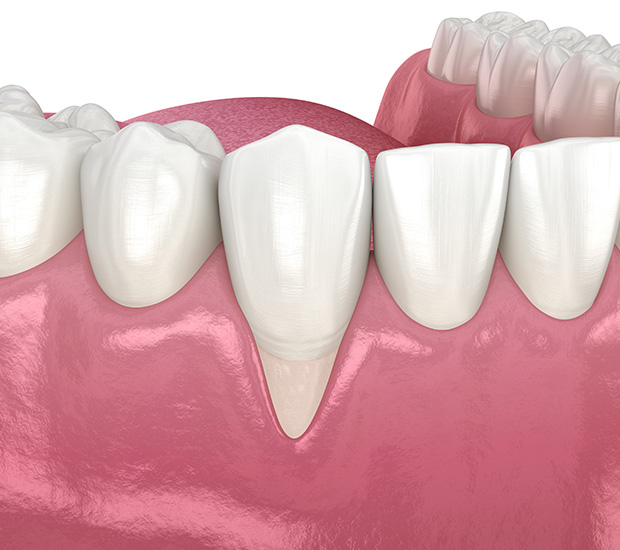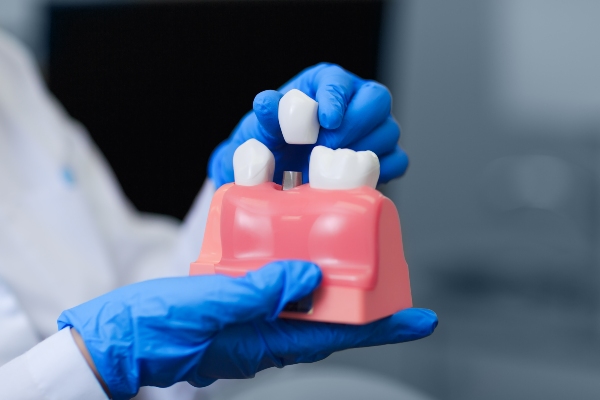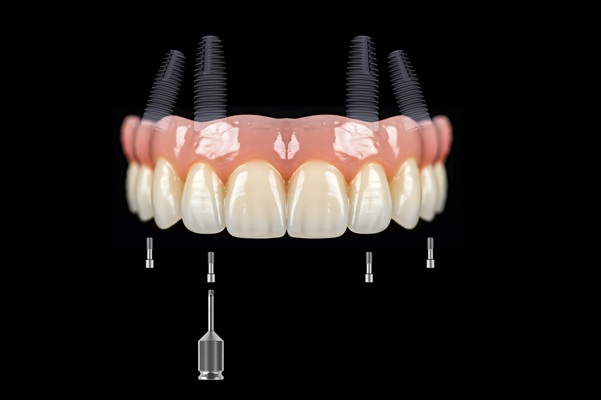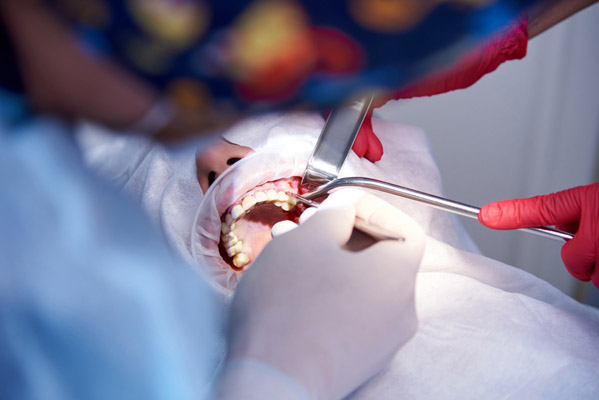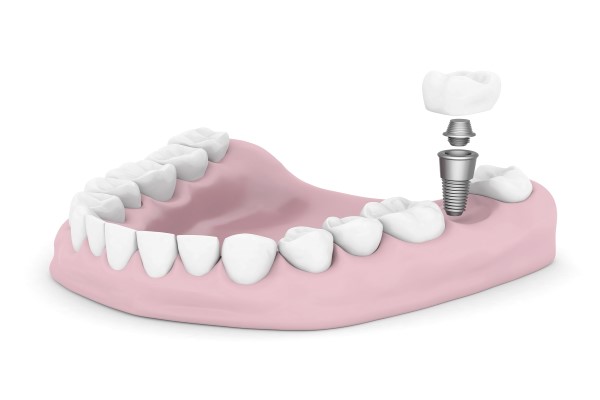Gum RecessionSan Diego, CA
Treating gum recession can enhance both patients’ appearance and oral health. Gum recession may even happen to people with good oral hygiene. Fortunately, many solutions are available.
Gum recession treatment is available at Torrey Hills Periodontal Group in San Diego and the surrounding area. We can help you maintain your smile and dental health. Call us today at 858-925-1188 to schedule an appointment or learn more about our services.
Understanding Gum Recession
Gum recession refers to the phenomenon of the gums receding or pulling away from the teeth. Though generally associated with older patients, gum recession can affect patients of all ages, no matter how well they take care of their teeth. Gum recession can cause a gummy smile and negatively affect the functionality of the teeth.
Gum tissue should ideally fit around each tooth. With gum recession, however, the gum tissue pulls away from the tooth and leaves the tooth root exposed. As the root surface is not protected by a hard enamel covering, it may now be at an increased risk of decay. If left untreated, gum recession will eventually damage the supporting tissue and bone structures of the teeth, potentially leading to tooth loss.
Check out what others are saying about our Gum Recession services on Yelp: Gum Recession San Diego
Symptoms of Gum Recession
It is not uncommon for gum recession to have a subtle onset, even going unnoticed until the condition has already progressed. The most apparent signs of gum recession are the aesthetic changes that follow. These include exposed tooth roots and visibly shrinking gums. Other symptoms, however, include:
- Bad breath
- Gums that bleed after brushing or flossing
- Loose teeth
- Pain at the gum line
- Red, swollen gums
At this point, patients may express concerns about their appearance or even potentially losing teeth. Exposed tooth roots may also make teeth particularly sensitive to cold and heat.
Causes of Gum Recession
Even patients with good oral hygiene can experience gum recession. Several factors may contribute, including aggressive toothbrushing, body piercing, clenching or grinding teeth, crooked teeth or a misaligned bite, hormonal changes, insufficient dental care, periodontal disease, and tobacco use. Genetics may also play a role -- those with weak, thin gums seem to be likely to pass it onto their children.
Gums can also recede only on one side, usually because plaque has concentrated in that particular area of the mouth. In such cases, the patient may have neglected oral hygiene on the other side of the mouth, allowing excess plaque and bacteria at the gum line to release any toxic substances that destroy gum tissue. Another possible explanation is that a misaligned bite may put more stress on one side of the mouth than the other. The same reasoning may apply for gum recession on only one tooth. Physical trauma may also be a factor.
Treating Gum Recession
In its earliest stages, gum recession can sometimes be mild enough not to need professional treatment. If the condition has progressed, however, several treatment options are available. These involve:
- Composite restoration
- Desensitizing agents
- Dentin bonding agents
- Orthodontics
- Pink porcelain or composite
- Removable gum veneers
- Surgery
- Varnishes
Composite restorations are a popular option because they look natural while covering the tooth root’s surface and closing any black gaps between the teeth. Desensitizing agents can lessen the nerve symptoms, making it easier to brush sensitive teeth. Varnishes and dentin bonding agents can also help reduce the exposed tooth root’s sensitivity. Orthodontics, also known as braces, is a long-term treatment that moves teeth slowly over time.
Pink porcelain or composite can be made to match the color of the gums. It is then applied to the gaps to reduce the appearance of receded gums. Removable gum veneers, usually made of acrylic or silicone, operate similarly. More severe cases of gum recession may necessitate surgery, most commonly a gum graft.
Preventing Gum Recession
Good oral hygiene is the first line of defense against gum recession. Individuals should brush at least twice daily with a soft-bristled toothbrush, using a fluoridated toothpaste and mouthwash approved by the American Dental Association (ADA). Flossing nightly will also prevent any plaque buildup. As many patients have issues with either under- or over-brushing their teeth, they may want to consult with their dentist on proper technique.
Making healthy lifestyle choices, such as eating a well-balanced diet and avoiding tobacco use, can also dramatically lessen one’s chances of gum recession. Patients must address any signs of gum recession as soon as possible, as exposed tooth roots can quickly decay and require various expensive and painful procedures. Additionally, many symptoms of gum recession overlap with undetected, worsening gum disease. Making regular dental visits is crucial, as a periodontist can recognize the signs of gum recession before it has a chance to become problematic.
Frequently Asked Questions
Could my dentures have caused my gum recession?
It is possible. Anything that puts excessive stress on the gums and jaw can contribute to gum recession. We will undergo any potential causal factors during your visit.
How can gum recession cause tooth loss?
When your gums recede, you lose the attached tissue around the teeth. This tissue protects the teeth and gums from any potentially infectious foreign materials. It is also a source of bone support for the tooth. Without the gums’ protection, teeth may inevitably fall out over time.
How is gum recession diagnosed?
We will begin by reviewing your complete medical history to identify any potentially relevant causal or aggravating factors. Dr. Hunt., D.D.S., will then examine your teeth for any plaque and tartar buildup or easy bleeding. He will also measure the pocket depth of the groove between the teeth and gums. If necessary, we will take X-rays to check you for any bone loss.
What is the link between gum recession and bone loss?
When gums recede, the bone around the tooth dissolves. Thus, it is crucial to address gum recession as soon as possible.
Is there a link between gum recession and periodontal disease?
Yes. When gums recede, teeth are more susceptible to plaque buildup and tartar. These same factors may lead to periodontal disease. Maintaining good oral hygiene can lessen the chances of developing periodontal disease.
Call Us Today
Gum recession can quickly become problematic for even the healthiest of patients. Our team at Torrey Hills Periodontal Group may be able to help. Call us today at 858-925-1188 to schedule an appointment or to learn more about our services.
Torrey Hills Periodontal Group is located at 4765 Carmel Mountain Road Ste 204 San Diego, CA 92130.
